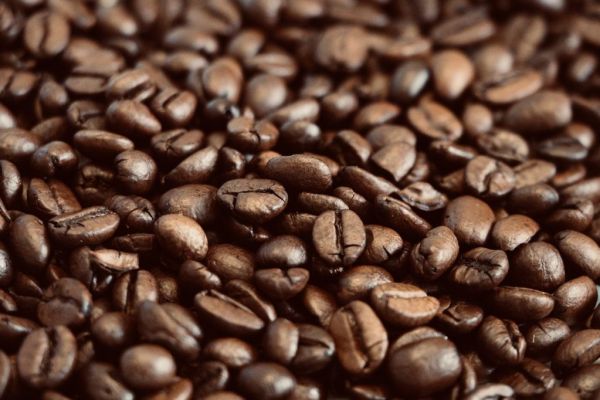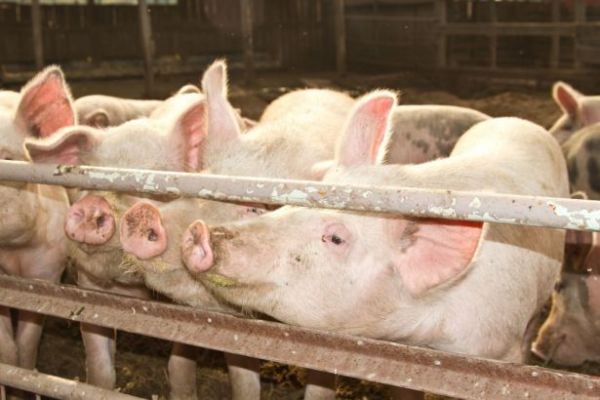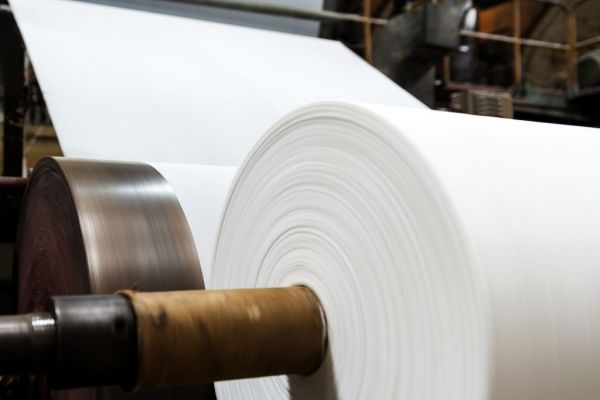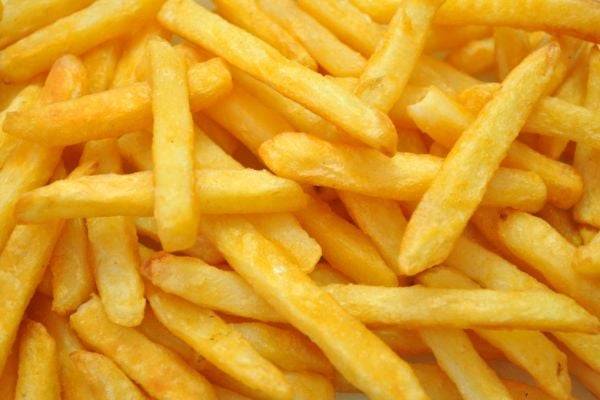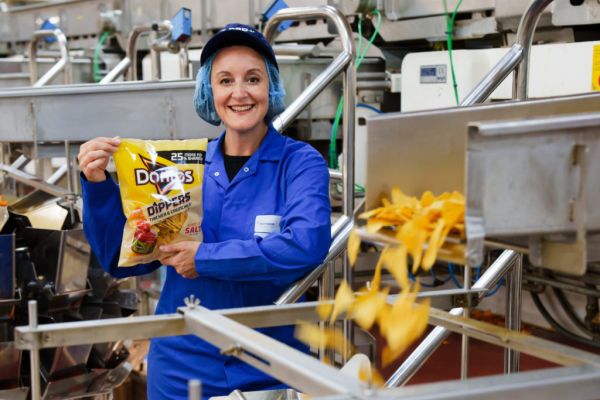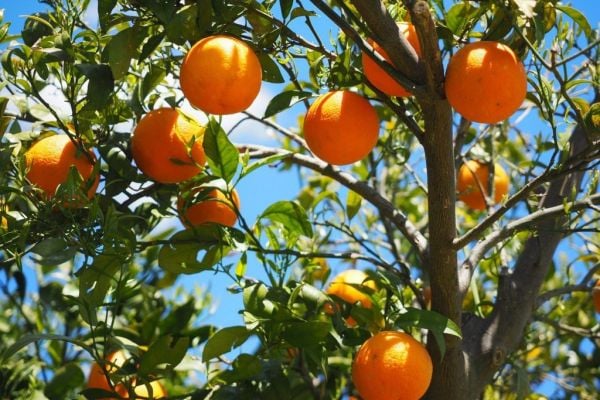Cocobod, Ghana's cocoa regulator, signed a $1.13 billion (€1.14 billion) syndicated loan with international banks to finance purchases for the upcoming season, which is due to open later this month, it said in a statement.
Ghana, the world's second-largest cocoa producer behind Ivory Coast, uses loans from international banks every year mainly to finance bean purchases. The two West African countries account for around 60% of global cocoa supply.
Cocobod said Monday's loan, significantly less than the $1.5 billion (€1.52 billion) secured last year, was oversubscribed by $130 million (€131.6 million).
Ghana's parliament had approved a larger $1.3 billion (€1.3 billion) loan at the end of July.
The loan's lead arrangers were Cooperative Rabobank, the Industrial and Commercial Bank of China (ICBC), DZ Bank, MUFG Bank, Natixis, Standard Chartered, the Arab Bank for Economic Development in Africa (BADEA) and the Ghana International Bank.
Cocoa production in Ghana is down sharply this year, seen at 689,000 tonnes on 1 September after a previous forecast of 800,000 tonnes. This has prompted the International Cocoa Organisation (ICCO) to upwardly revise its forecast for a global cocoa deficit.
Guaranteed Cocoa Price
Cocobod postponed announcing the new guaranteed cocoa price it will pay to farmers, which had been planned for Saturday. A spokesman told Reuters on Monday (3 October) that the new price would be declared on Tuesday (4 October) evening, following a stakeholder meeting.
The current price, 10,560 cedis ($1,030) per tonne, has not changed for two years.
Ghana was expected to release its adjusted price alongside Ivory Coast, which on Friday raised its own adjusted price by more than 9% to 900 CFA francs ($1.33) per kilogram.
The delay surprised three sector insiders, who told Reuters it could spell bad news for farmers who had hoped the new farmgate price would equal Ivory Coast's.
"The problem with Ghana is that the currency is falling and is quite volatile at the moment," the director of one European cocoa company said, requesting anonymity.
'Inflation reduces the price the field, so in the end, the price in Ghana will be ... lower than in Ivory Coast,' they added.
Ghana's cedi currency has been one of Africa's worst- performing currencies this year, losing around 30% of its value against the dollar in since 1 January.
News by Reuters, edited by ESM – your source for the latest supply chain news. Click subscribe to sign up to ESM: European Supermarket Magazine.

